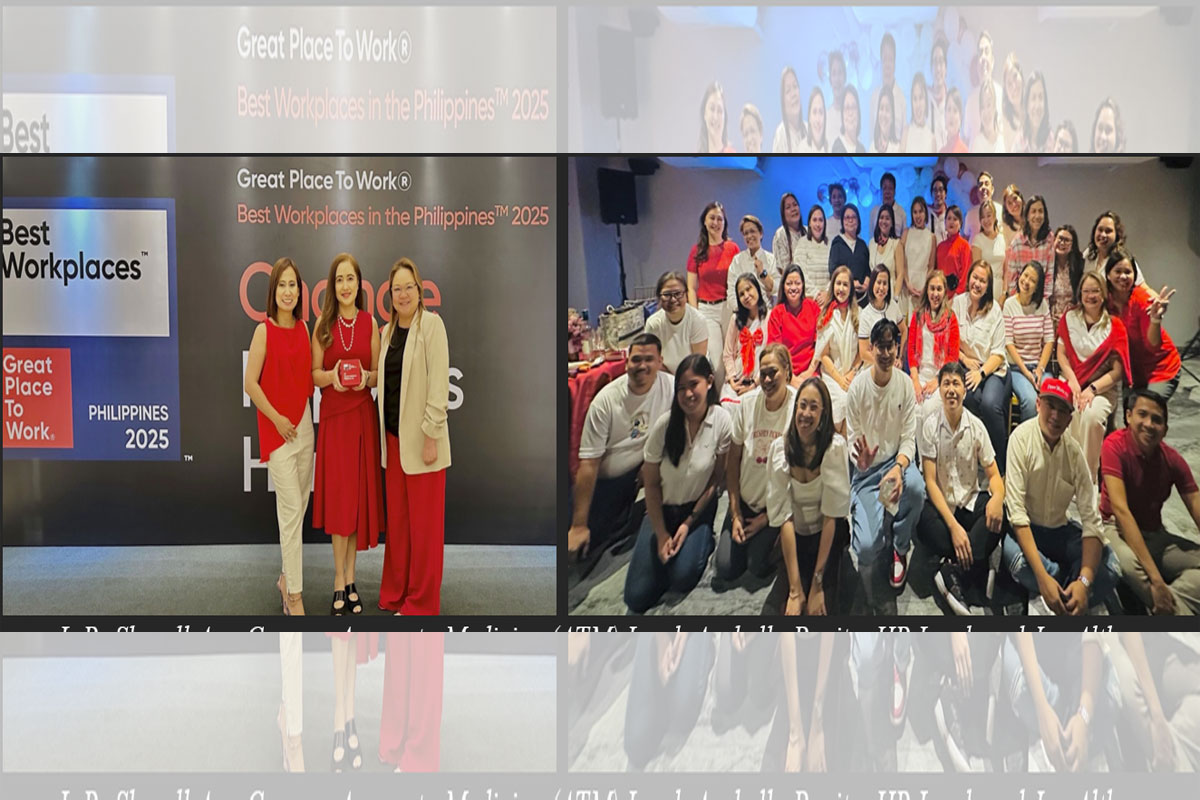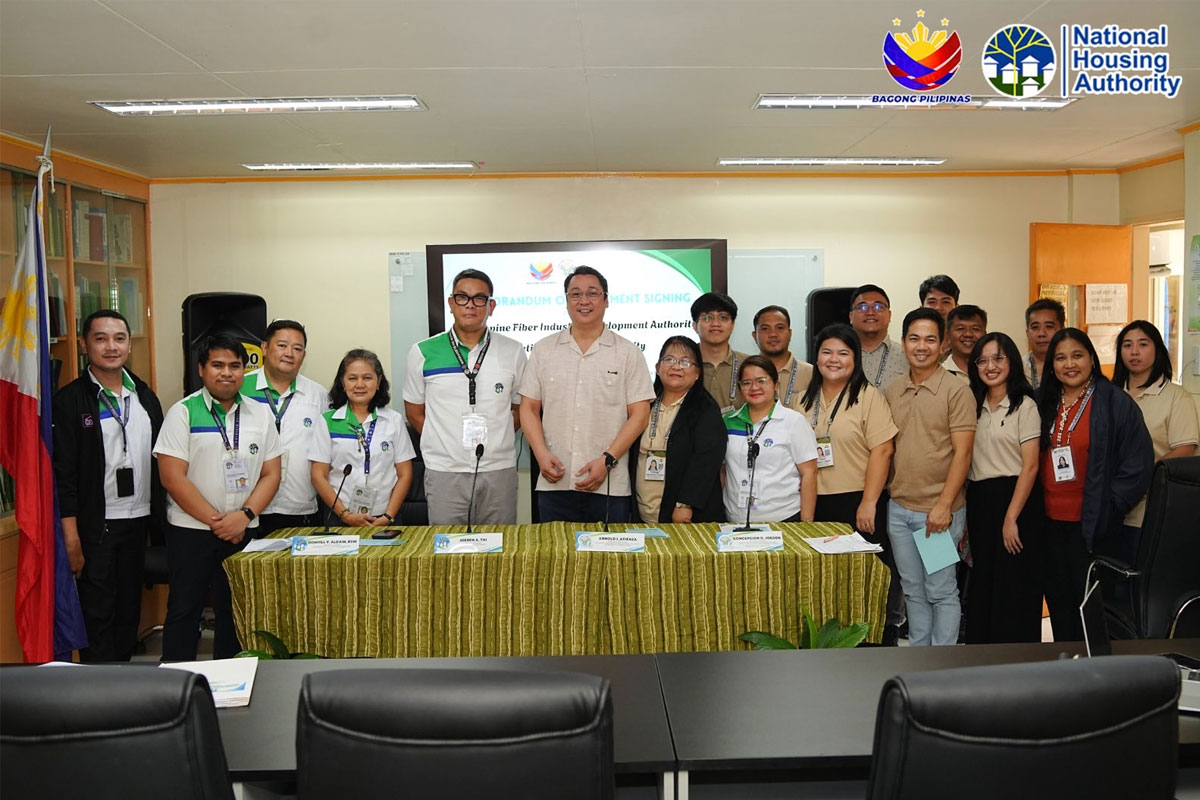
Protect PH workers, industries from Trump tariff, gov’t urged
SENATOR Sherwin Gatchalian is pressing for urgent action to protect Filipino workers and industries from the looming impact of a 17% reciprocal tariff recently imposed by the United States on Philippine exports.
Highlighting the deep reliance of many families on income from overseas Filipino workers (OFWs) and the business process outsourcing (BPO) sector, Gatchalian is calling for a clear government assessment of the risks ahead.
“We must identify the potential impact particularly on overseas Filipino workers and the business process outsourcing industry as both are vulnerable to a global economic slowdown,” Gatchalian emphasized.
He issued the call through Senate Resolution 1343, urging policymakers to scrutinize the broader economic repercussions of the tariff hike.
These include potential disruptions in the global supply chain and the possibility that manufacturers might relocate to avoid the added costs—an outcome that could put thousands of local jobs at risk.
“Bagama’t tila may kalamangan ang Pilipinas kumpara sa ibang bansa sa ASEAN… kailangang tukuyin natin ang posibleng epekto nito sa ating mga overseas Filipino workers at sa industriya ng business process outsourcing,” he added in a statement in Filipino, reflecting concern for sectors closely tied to both global markets and household stability.
The senator’s warning comes as the U.S. continues to stand as the Philippines’ largest export destination. According to preliminary data from the Philippine Statistics Authority, goods exported to the U.S. in 2024 amounted to $12.12 billion—making up 16.6% of the country’s total exports and marking a 4.7% increase from the previous year.
While some view the Philippines as potentially better positioned than its ASEAN neighbors under the new tariff structure, Gatchalian is urging a more cautious approach.
He stressed the importance of proactive economic planning to ensure that Philippine workers and industries do not bear the brunt of a shifting global trade environment.
“Now is the time to understand what’s at stake—not just for trade figures but for the millions of Filipinos whose livelihoods are tied to how we respond,” Gatchalian noted.




















